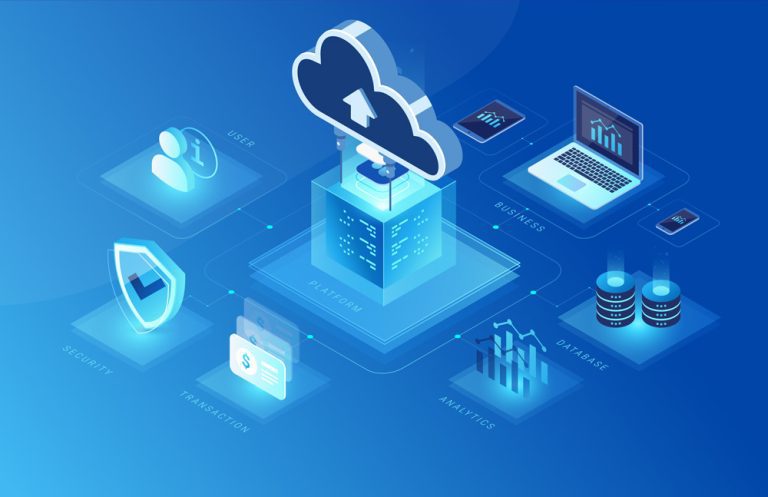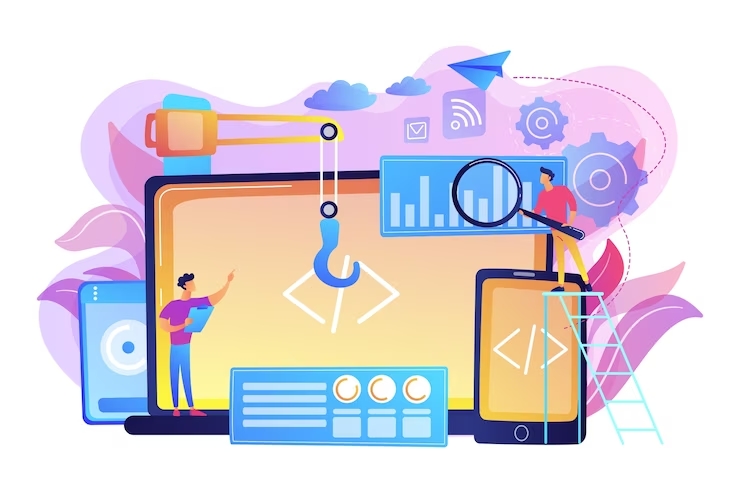
With rapid digitization, the alcohol industry is facing a boom in its overall growth. Customers’ shift to online purchases and digital payments are making the buying process easier and hassle-free. However, it is also opening doors to under-aged customers. They use fake information and their elders’ documents to make a purchase. Minors’ easy access is further raising the chances of life-threatening addictions.
Hence, liquor online retailers and stores should incorporate efficient age verification mechanisms to identify buyers prior to selling any product. Furthermore, this industry is subject to legal obligations. The Food and Drug Administration (FDA) forbids liquor companies from selling products to consumers under 18. The blog covers ways retailers and e-store managers can opt for in order to safeguard minors.
Online Age Verification – Reasons Why Conventional Methods Are No More Enough
In the past years, it was somewhat easier to identify customers whether they are 18 or not. However, with technological advancements, it has become challenging as online retailers are unaware of the buyers. Minors take advantage of this loophole and easily place orders by using their parents’ information. This helps them escape the age verification checks. Furthermore, the use of conventional methods such as checkboxes and date of birth are further paving way for under-aged buyers.
In order to verify age of customers, online liquor stores require more than just traditional methods. The AI-powered solutions here provide enough accuracy by using checks like facial recognition and liveness detection. The biometric-based age verification solutions use mathematical algorithms that are impossible to bypass by minors. Under-aged buyers use their parents’ credit/debit cards to make online payments.
Moving on, the liquor industry is subject to legal obligations like the Children’s Online Privacy Protection Act (COPPA) and Age Appropriate Design Code (Children’s Code). These standards prohibit liquor retailers from selling products to consumers under 18 years. In case of non-compliance with these regulations, the particular company will have to pay a maximum penalty of £5000. Moving further, the increasingly becoming popular businesses like Amazon and Direct To Consumer (DTC) industries, age verification has become mandatory for liquor stores.
Age Verification Online – Digital Solutions to Secure Liquor Industry’s Operations
Online retailers should assure that they are not selling age-restricted products to underaged customers. The requirements are different in various jurisdictions however, liquor companies should follow the guidelines set by respective regulatory bodies. Furthermore, rapid digitization is making age verification more cumbersome. Therefore, e-stores and online retailers require more than manual checkboxes.
As per Shufti Pro News, the considerable growth of the liquor industry is opening doors to under-aged consumers. In order to restrict their access, biometric-based age verification online solutions are becoming the need of the hour. Moreover, liquor companies should take the following precautionary measures to identify and shield under-aged customers.
Online Collection and Verification of Data
The foremost step in combating challenges arising due to easy access of minors is the collection of data. Liquor stores using AI-powered KYCC solutions are less likely to sell alcohol products to under-aged buyers. With its services like liveness detection and facial biometrics, digital age verification makes it easier for e-stores to verify minors.
Upon their arrival on the platforms, the system asks for a real-time selfie which it later analyzes for facial features verification. This way, liquor companies can better secure their online sale/purchase operations.
Customer Identification on Delivery
Another precautionary measure for alcohol selling companies is the age verification of customers on delivery and is carried out by the drivers. However, involving a third party to perform age checks can be tricky as they can deny taking the responsibility of verification.
Moving on, liquor stores can employ efficient customer identification solutions to streamline their operations and eliminate the need for third-party involvement. The AI-powered age verification services provide real-time verification of buyers. This way liquor stores can ensure that they are assisting the appropriate customers.
Incorporating Digital Verification Services
In this digital-savvy world, online age verification solutions are becoming popular as they are more convenient. During online purchases, the system asks buyers to fill in the information and upload supporting documents. After this, the customers provide a real-time selfie that is used for facial recognition. This way liquor retailers can ensure that they are not selling products to under-aged consumers.
Furthermore, the age verification solutions help platforms ensure a safe environment while uplifting the customer experience. Moreover, they streamline the onboarding process by eliminating additional delays.
In the End
Increasing legal implications are making it mandatory for the liquor industry to incorporate efficient age verification mechanisms. With technologically advanced checks in place, online stores can not only identify minors and restrict their access but also assist legit customers without creating obstacles in their way. Furthermore, alcohol retailers can eliminate the need for manual interpretation and verify age of buyers in real-time. Ultimately, liquor industry can stay compliant with the regulations while protecting minors from becoming alcoholics.



